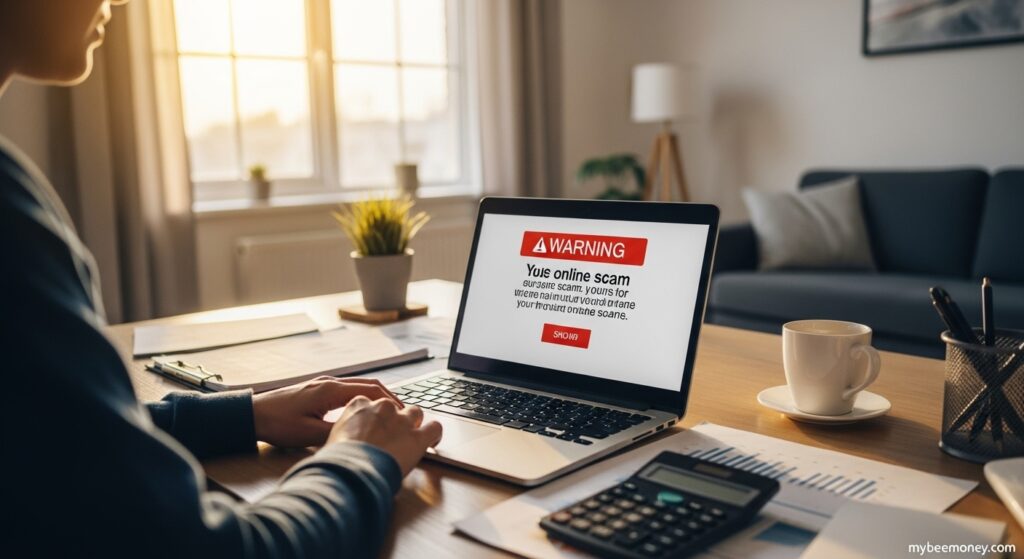
Have you ever found yourself hesitating at the checkout, unsure whether to use cash, your debit card, or your shiny new credit card? This scenario is common—after all, deciding to use a credit card involves more than just swiping it at the register. In this article, I want to share my journey of understanding credit cards, aiming to equip you with everything you’ll need to know before using one. From choosing the right card to managing debt effectively, we’ll cover it all. So, let’s embark on this journey of financial literacy together.
Understanding Credit Cards
Credit cards are powerful financial tools, but with great power comes great responsibility. They are not just a means to delay payment but can also help build credit scores, offer rewards, and provide financial convenience. However, it is crucial to understand how they work before diving into the usage.
| Term | Definition | Example |
|---|---|---|
| Credit Limit | The maximum amount you can borrow | $5,000 per month |
| Interest Rate | The percentage charged on borrowed money | 15% annually |
| Minimum Payment | The lowest amount you must pay each month | $25 |
| Annual Fee | The yearly cost to maintain the card | $95 |
| APR | Annual Percentage Rate; includes interest and fees | 18% |
These terms are fundamental in understanding how credit cards operate. A credit limit dictates your spending capabilities, whereas the interest rate and annual percentage rate (APR) impact the cost of borrowing.
Choosing the Right Credit Card
When choosing a credit card, it feels like walking into a candy store—so many options, each with its own appeal. But how do you choose the right one? Here are some aspects to consider:
1- Interest Rates: This is crucial if you anticipate carrying a balance. Lower rates mean less cost over time.
2- Rewards: Some cards offer points, cash back, or travel miles. Choose a rewards program that aligns with your spending habits.
3- Fees: Be mindful of annual fees, foreign transaction fees, and any other hidden charges.
4- Benefits: Look for cards offering perks like extended warranties, purchase protection, and travel insurance.
Evaluating these factors will help you find a card that best fits your financial lifestyle.
How to Use a Credit Card Safely

Once you have your card, the next step is ensuring you use it safely to protect your finances and credit score. This involves more than just safeguarding your physical card; it also means being vigilant about your spending habits.
“Responsible use of credit leads not only to improved buying power but also to greater financial security.” — Financial Expert
Building a Positive Credit History
Your credit card can be a gateway to a strong credit history, which is crucial for financial health. A positive credit history opens doors, from securing loans to getting favorable interest rates.
Understanding the nuances involved, such as keeping your credit utilization low and making timely payments, is key. Even if you can only make the minimum payment, ensuring it’s on time can prevent a negative hit to your score. Late payments, on the other hand, can significantly impact your credit score negatively.
Managing Credit Card Debt

While credit cards offer convenience and rewards, they can also lead to debt if not managed properly. My own journey has taught me that managing debt is about discipline and planning. Ensuring you’re spending within your means and not being swayed by the available credit is crucial.
Developing a budget can be a significant first step. Allocate a specific limit for credit card spending and build an emergency fund to avoid relying solely on credit for unforeseen expenses. If you’re already struggling with debt, numerous resources, such as debt management plans, can provide assistance.
Credit Card Fraud Prevention
Given today’s digital world, credit card fraud is a real threat. Ensuring the safety of your transactions is imperative. Use secure networks and be wary of phishing scams. Monitoring your statements regularly can also help in spotting unusual activities swiftly.
Credit Score Impact
A credit score is a reflection of your financial trustworthiness. Right from the first card swipe, your credit card usage impacts your score. Positive impacts include timely payments and maintaining low credit utilization. Crafting this narrative could spell the difference when you need financial services.
Finding the Right Balance Between Credit and Debt
You should strive for equilibrium between using your credit card and not falling into debt. It’s about understanding your financial capabilities and spending accordingly. Knowing when to pause and when to utilize credit can significantly contribute to financial stability.
FAQ
What is the biggest advantage of using a credit card?
The primary advantage is the ability to build a credit history and earn rewards when used responsibly.
How can I avoid paying interest?
Pay your balance in full each billing cycle to avoid interest charges.
Can using a credit card improve my credit score?
Yes, using your card responsibly can improve your credit score by showing lenders you can manage credit effectively.
What should I do if I can’t make a payment?
Contact your card issuer to discuss potential options or arrangements.
How often should I monitor my account?
Regularly review your statement for unauthorized transactions and errors, ideally once a week.
Conclusion
Navigating the world of credit cards can seem daunting, but with informed decision-making and careful management, they can be a valuable tool in your financial toolkit. By understanding the dynamics involved with credit cards, from their benefits to potential pitfalls, you can harness their power to enhance your financial health.












